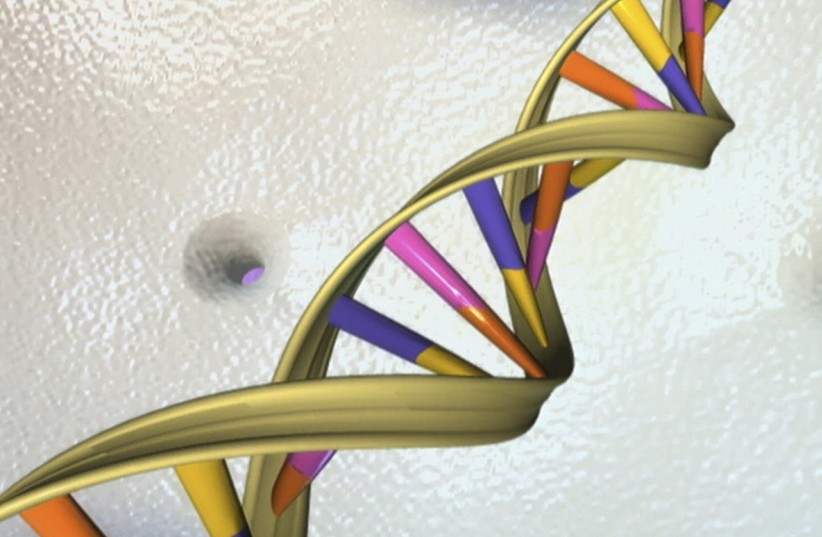A new study says that the novel coronavirus manipulates cells to replicate. Researchers say the discovery could assist in the development of COVID-19 treatments.
The findings, published Wednesday in the peer-reviewed journal Frontiers in Cellular and Infection Microbiology, describe a study conducted by researchers at the State University of Campinas (UNICAMP) and the University of São Paulo (USP) in Brazil.
“The human protein known as PCNA [proliferating cell nuclear antigen] interacts with the SARS-CoV-2 protein M [matrix], one of the molecules that make up the virus’s membrane and give it shape. The discovery itself shows one of the ways the pathogen manipulates cell function for its life cycle to proceed."
Prof. Fernando Moreira Simabuco
Investigating PCNA, a protein involved in DNA repair
The researchers used a drug to inhibit the interaction between the molecules, reducing viral replication by 15% to 20%.

Next, the team used a range of in vitro techniques to investigate how the presence of the viral protein M in the organism makes PCNA, a protein involved in DNA repair, migrate from the cell nucleus, where it is found normally, to the cytoplasm, a cellular region containing organelles responsible for important cell functions.
What does this migration prove?
According to the researchers, this migration shows that the viral and human proteins interact to cause migration of proteins from the nucleus to the cytoplasm. In cells treated with both a specific compound for PCNA and another that inhibits migration of different proteins including PCNA, viral replication declined by between 15% and 20% compared with untreated cells.
To support the findings, the researchers looked at samples of lung tissue obtained during autopsies of deceased COVID-19 patients. PCNA expression was found to be higher than normal in these samples, as was expression of the protein gamaH2AX, a marker of DNA damage.
Fernando Moreira Simabuco, a lead investigator of the study and professor at UNICAMP explained the findings.
“The human protein known as PCNA [proliferating cell nuclear antigen] interacts with the SARS-CoV-2 protein M [matrix], one of the molecules that make up the virus’s membrane and give it shape. The discovery itself shows one of the ways the pathogen manipulates cell function for its life cycle to proceed,” he said.
